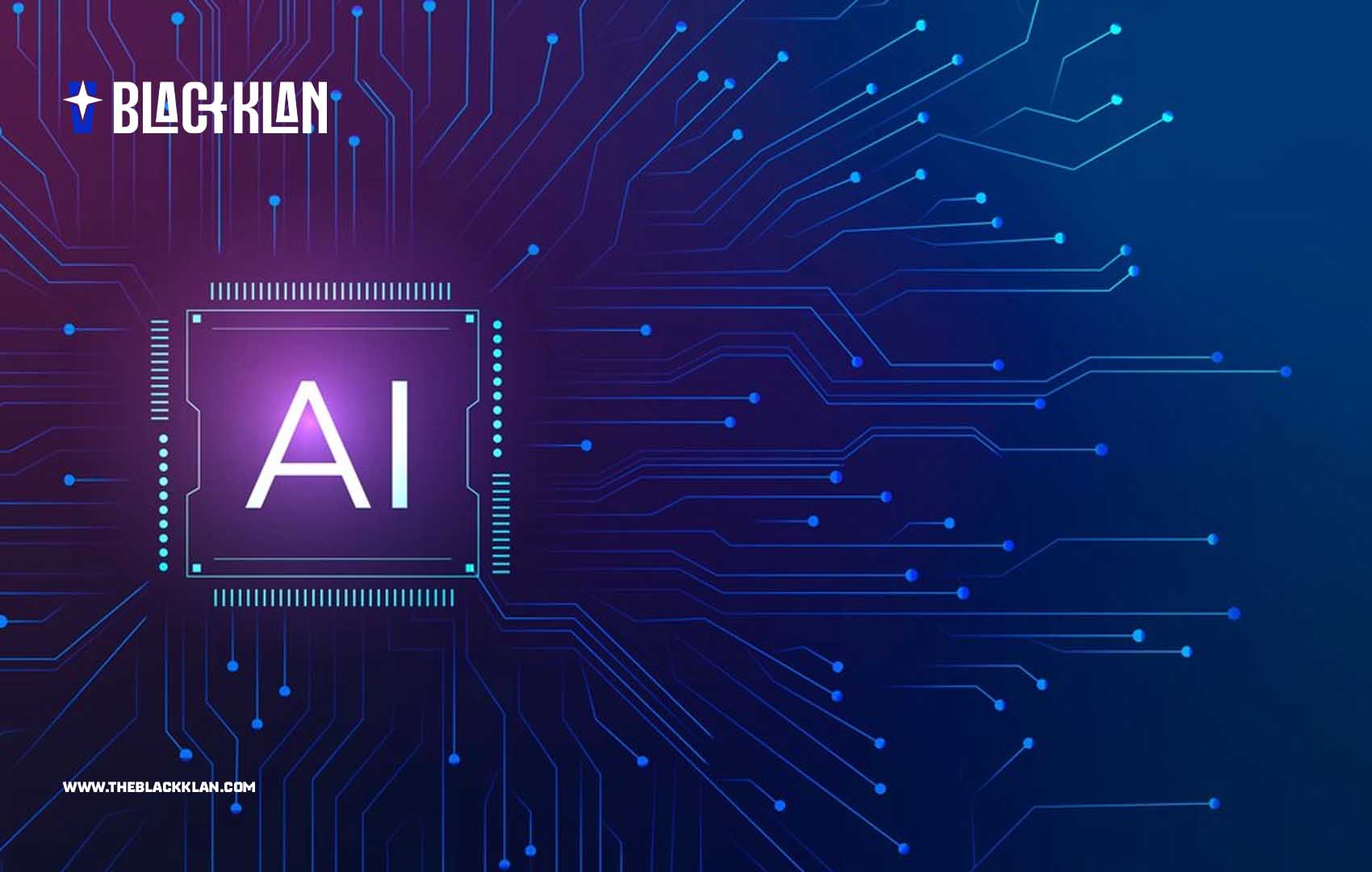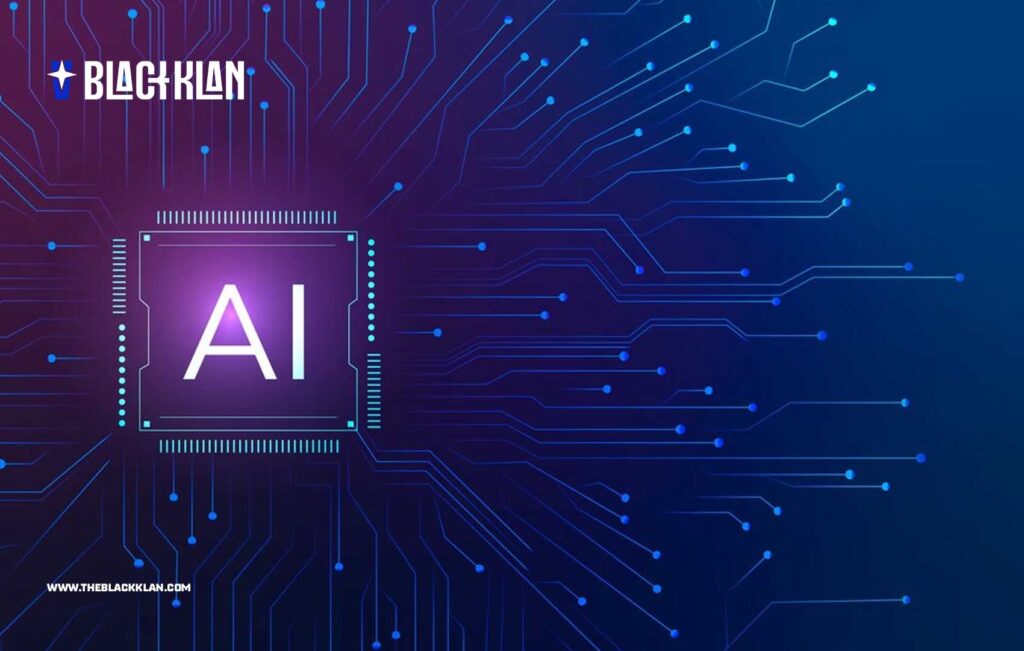
The Role of Artificial Intelligence in Transforming Industries
Artificial Intelligence (AI) is rapidly transforming industries by automating tasks, providing insights through data analysis, and enhancing decision-making processes. From healthcare to finance, AI’s impact is profound and far-reaching.
What is Artificial Intelligence?
Artificial Intelligence refers to the simulation of human intelligence in machines programmed to think and learn like humans. AI encompasses various technologies, including machine learning, natural language processing, computer vision, and robotics.

AI in Healthcare
- Diagnostics: AI algorithms can analyze medical images, such as X-rays and MRIs, to detect diseases with high accuracy. This helps in early diagnosis and treatment, improving patient outcomes.
- Personalized Medicine: AI can analyze genetic information and patient data to tailor treatments to individual needs, enhancing the effectiveness of therapies.
- Drug Discovery: AI accelerates the drug discovery process by predicting how different compounds will interact with biological targets, reducing time and costs.
- Telemedicine: AI-powered chatbots and virtual assistants provide preliminary medical advice, triaging patients and freeing up healthcare professionals for more complex cases.
AI in Finance
- Fraud Detection: AI systems analyze transaction patterns to detect fraudulent activities in real time, protecting consumers and financial institutions.
- Investment Strategies: AI-driven algorithms analyze market data to develop and optimize investment strategies, providing better returns.
- Customer Service: Chatbots and virtual assistants handle customer inquiries, providing quick and accurate responses, and improving customer satisfaction.
- Risk Management: AI models assess and predict financial risks, helping institutions make informed decisions and mitigate potential losses.
AI in Retail
- Personalized Shopping: AI analyzes customer preferences and browsing history to provide personalized product recommendations, enhancing the shopping experience.
- Inventory Management: AI predicts demand trends, optimizing inventory levels and reducing waste.
- Customer Insights: AI tools analyze customer data to identify patterns and trends, helping retailers tailor marketing strategies and improve sales.
- Automated Checkout: AI-powered checkout systems streamline the purchasing process, reducing wait times and improving efficiency.
AI in Manufacturing
- Predictive Maintenance: AI analyzes data from machinery to predict failures and schedule maintenance, reducing downtime and costs.
- Quality Control: AI systems inspect products for defects, ensuring high quality and consistency.
- Supply Chain Optimization: AI optimizes supply chain operations by predicting demand, managing inventory, and coordinating logistics.
- Robotics: AI-powered robots perform repetitive tasks with precision and efficiency, improving productivity and safety in manufacturing environments.
Challenges and Ethical Considerations
- Bias in AI: AI systems can inherit biases from the data they are trained on, leading to unfair or discriminatory outcomes. Ensuring diverse and representative data is crucial to mitigate bias.
- Job Displacement: The automation of tasks by AI can lead to job displacement in certain industries. It is essential to invest in reskilling and upskilling the workforce to adapt to the changing job landscape.
- Privacy Concerns: AI systems often require large amounts of data, raising concerns about privacy and data security. Implementing robust data protection measures is essential.
- Regulation and Accountability: Developing clear regulations and accountability frameworks for AI technologies is necessary to ensure ethical use and prevent misuse.

The Future of AI
The potential of AI is vast, and its transformative impact on industries will continue to grow. As AI technologies advance, they will unlock new opportunities and efficiencies, driving innovation across various sectors.
Staying informed about AI developments and understanding their implications is essential for businesses and individuals to leverage the benefits of this powerful technology.




Leave a Comment